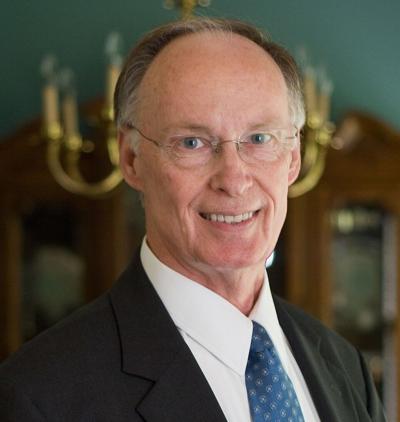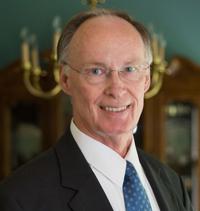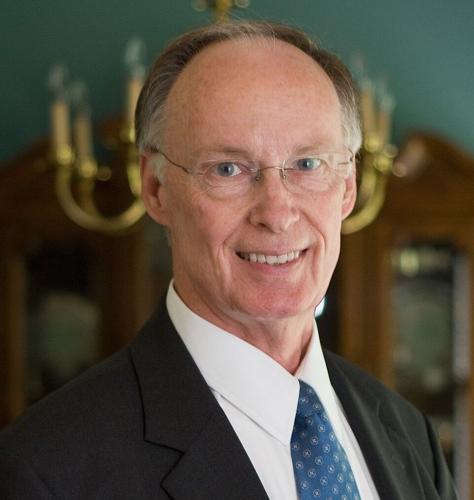The recently passed Big Beautiful Bill has many important provisions that will help states across the country. It represents a step forward in addressing national needs, and it contains some very good elements. At the same time, certain provisions will have an unintended negative impact on Alabama's health care system. These impacts will be felt most strongly in our rural areas, where hospitals are already closing and where access to timely emergency care is increasingly limited. We need strategic planning now to take advantage of our tax dollars. As someone who has served this state as both governor and as a physician, I believe these five strategies will best serve our state.
1. Create 12 to 15 Rural Medical Emergency Centers
These centers will be strategically located in existing rural hospitals across Alabama. They will be well-equipped with up-to-date devices and services to handle all medical emergencies—from heart attacks to trauma, strokes, and severe illnesses. Their primary purpose will be to stabilize patients quickly and then transport them, once stable, to tertiary medical centers in Birmingham, Mobile, Huntsville, Montgomery, or Dothan for advanced care. This model ensures that every Alabamian, no matter where they live, has access to life-saving emergency treatment within reach.
2. Take Advantage of Untapped Federal Medicaid Dollars
Alabama is one of ten states that has not accessed billions in Medicaid funds already available to us. By bringing these dollars home, we can provide coverage for nearly 300,000 people in the coverage gap, reduce uncompensated care that burdens hospitals, and stabilize rural facilities. This is not an expansion of government, but a responsible step to reclaim Alabama’s own federal tax dollars to benefit our people.
3. Dedicate a Share of Economic Development Incentives to Healthcare
Each year, Alabama spends hundreds of millions of dollars recruiting new plants and industries. While valuable, healthcare investments create more jobs per dollar and benefit every county in the state. By directing a portion of economic development incentives into healthcare recruitment, training, and infrastructure, we can bring doctors, nurses, and emergency workers to rural areas, strengthen hospitals, and make healthcare a driver of Alabama’s economic growth.
4. Leverage Federal Innovation Opportunities
The Big Beautiful Bill allows states to propose innovative solutions for rural healthcare. Alabama can lead the way by presenting programs like telemedicine networks, advanced emergency transport, and workforce incentive models. With the right proposals, we can attract additional federal funding to expand and sustain these improvements statewide.
5. Address Medicare Payments to Alabama
The number one issue that we have in Alabama that keeps us from improving the quality of rural health care, as well as health care in general around the state, is the fact that Medicare pays hospitals and Providers the least amount of any state in the country, based on the wage index. Because Alabama is a lower-wage state, our reimbursements remain artificially suppressed. Hospitals and providers in Alabama are paid less for the exact same procedures performed in other states, even though the cost of equipment, supplies, and operations is just as high here. This inequity makes it harder to recruit and retain healthcare professionals and puts additional strain on rural hospitals already fighting to survive.
This main issue needs to be addressed by both our congressional delegation as well as our state leaders. This plan is about more than hospitals. It is about protecting families, saving lives, and securing the future of every Alabama community. With these steps, we can turn the challenges of the Big Beautiful Bill into an opportunity for Alabama to lead the nation in rural healthcare innovation. Most importantly, this approach will strengthen all five of Alabama’s major tertiary hubs—Birmingham, Mobile, Huntsville, Montgomery, and Dothan—ensuring that our entire state benefits from a coordinated, modern healthcare system.
Robert Bentley served as 53rd Governor of the Great State of Alabama. He has practiced medicine for 57 years as a Physician. Dr. Bentley is the founder of Great State Inc, a non-profit foundation dedicated to providing free medical care in Alabama’s underserved communities.










(0) comments
Welcome to the discussion.
Log In
Keep it Clean. Please avoid obscene, vulgar, lewd, racist or sexually-oriented language.
PLEASE TURN OFF YOUR CAPS LOCK.
Don't Threaten. Threats of harming another person will not be tolerated.
Be Truthful. Don't knowingly lie about anyone or anything.
Be Nice. No racism, sexism or any sort of -ism that is degrading to another person.
Be Proactive. Use the 'Report' link on each comment to let us know of abusive posts.
Share with Us. We'd love to hear eyewitness accounts, the history behind an article.